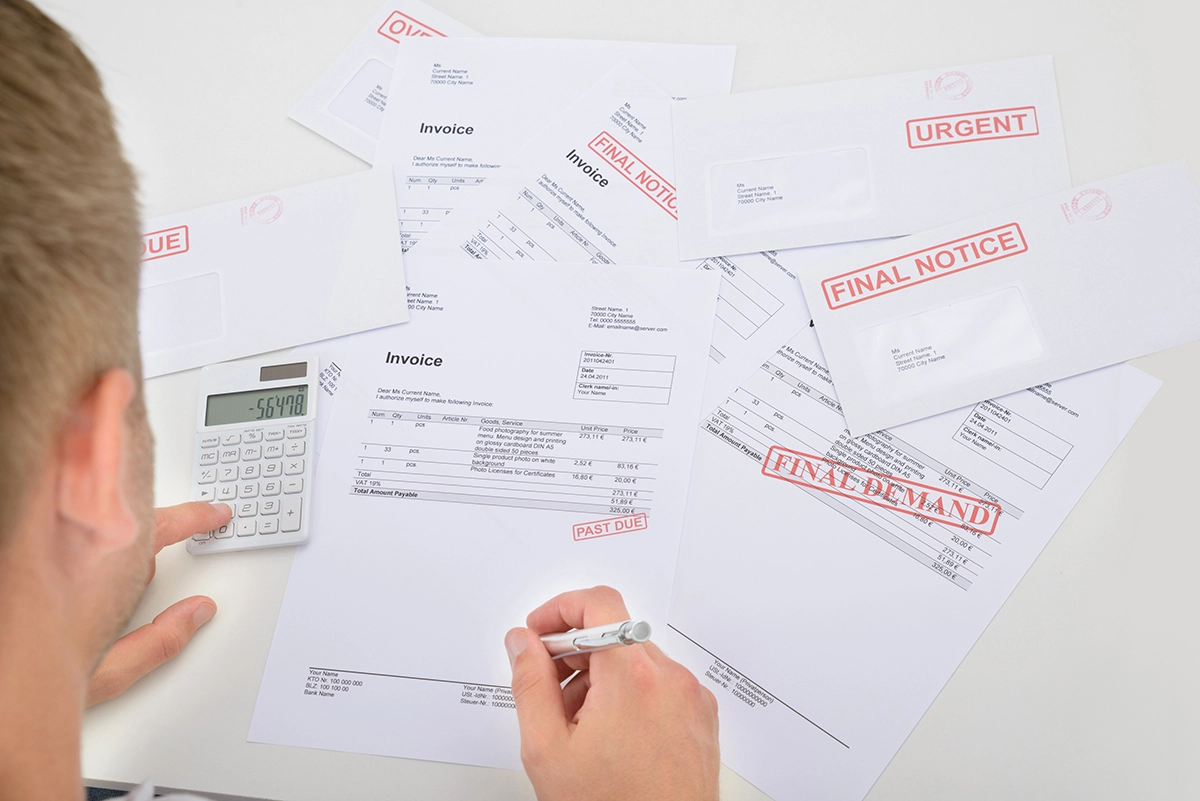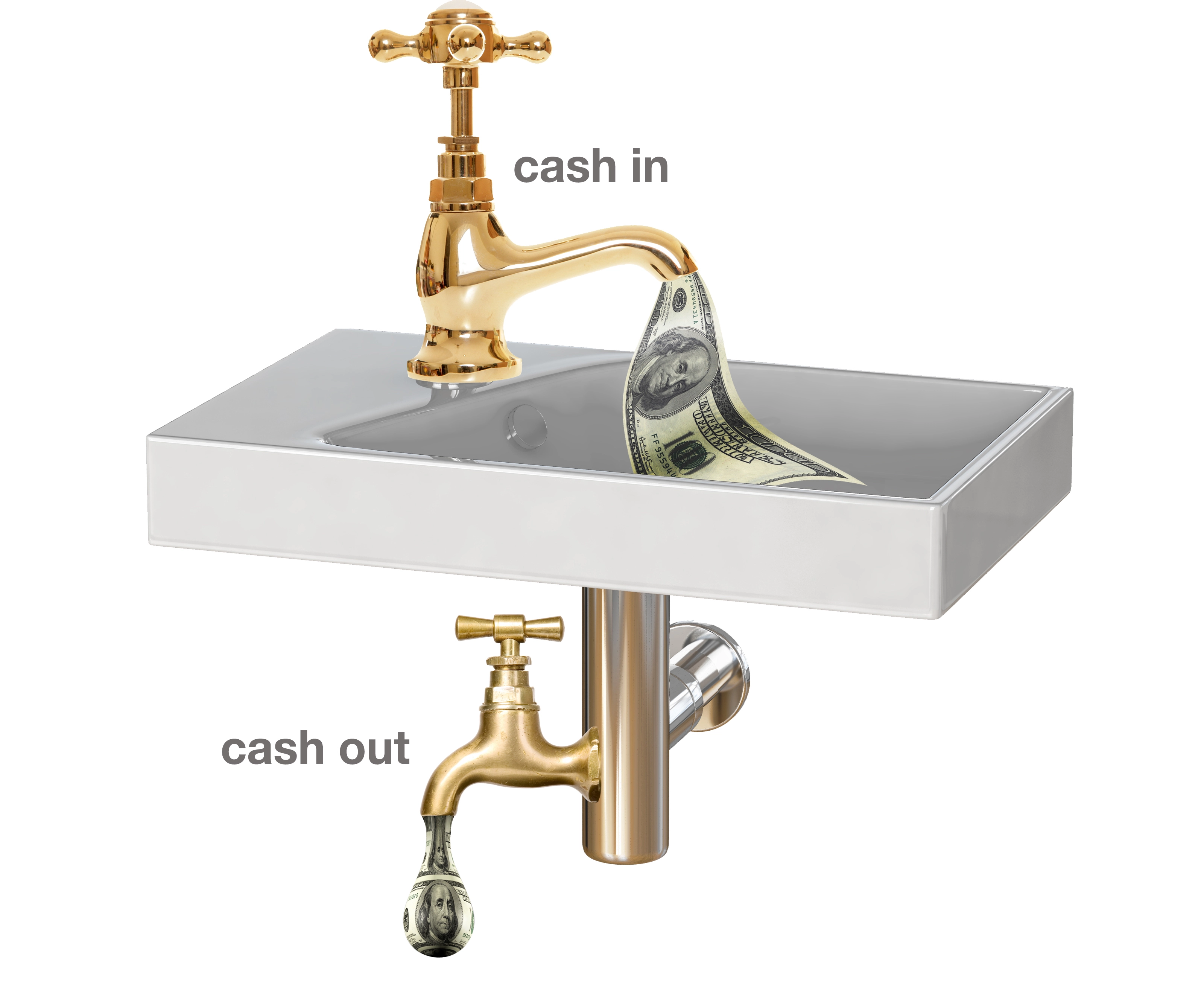Properly prepare and review them regularly to monitor overall performance.
Properly formatted financial statements — along with accurate information in those statements — is critical to making good financial decisions for your business. Over the next few months I will be “tearing balance sheets and profit-andloss statements apart.” You’ll learn what should be in each segment of a balance sheet and profit-and-loss statement for an hvac service-and-replacement company.
I’ll share financial statement formats that you can and should implement in your business. Before you begin analyzing your financial statements, you first must ensure that your operations are being accounted for on an accrual basis rather than a cash basis.
Cash-basis accounting records a sale when the company gets the cash in the door for that sale. It accounts for an expense when the company writes the check for that expense. There are no accounts receivable, accounts payable, and inventory in cash-basis accounting.
Accrual-basis accounting records a sale when the company sends the invoice to the customer for the work completed. The company may or may not have received payment for that work. Accrual-based accounting also records an expense when the company receives the invoice from a vendor.
There are accounts payable, accounts receivable, and inventory in accrual-based accounting. HVAC contractors must operate on an accrual-accounting basis. In addition to having accounts payable, accounts receivable, and inventory, accrual-based accounting is the only way that the company’s margins can be accurate and consistent.
Many contractors report taxes on a cash basis. That is between you and your accountant, who knows what is best for you from a tax perspective. From an operations perspective, accrual accounting is a must. Now, let’s start with the balance sheet. A balance sheet is simply a snapshot of the health of your business for any particular point in time.
Many contractors have told me that they never look at their balance sheets. When I ask why, usually the answer is, “It doesn’t tell me anything.” (My interpretation is that they don’t understand them). The reality is that balance sheets are more important to the financial health of your business than profit-and-loss statements.
Your company’s balance sheet tells you how your company is doing from an overall perspective. By analyzing your balance sheet, you’ll know whether the company can pay its bills, whether it is taking on too much debt, whether there is a collection problem, whether inventory is being used properly, and much more.
The company’s balance sheet began the day the company began operations. It ceases when the company ceases operations. Every day it changes. Why? Because the company’s cash position usually changes daily. The company receives cash from service calls and re placement jobs and writes checks every day. Since the company’s cash position changes, the company’s balance sheet changes.
So, when looking at your financial statement, you look at a “snap shot” of your balance sheet for that moment in time. The moments usually are the end of the month, the end of the quarter, the end of a fiscal year, or some other regular interval. The information is compared with the previous interval, and you get the answer to “how is my company doing?”
The balance sheet is called the balance sheet because assets must balance liabilities, plus net worth.
Figure 1 shows the balance sheet format with several of the major categories. Assets are things of value to the company. Liabilities are debts owed by the company. Net worth is what I call “the company’s fudge factor,” i.e., if the company wanted to cease operations tomorrow, the company would convert all of its assets to cash and pay off all of its liabilities. What would be left is the net worth of the business.
Read more about the major components of the balance sheet as they relate to a contracting business.
Ruth King has over 25 years of experience in the hvacr industry and has worked with contractors, distributors, and manufacturers to help grow their companies and become more profitable. She is president of HVAC Channel TV and holds a Class II (unrestricted) contractors license in Georgia. Ruth has written two books: The Ugly Truth About Small Business and The Ugly Truth About Managing People. Contact Ruth at ruthking@hvacchannel.tv or 770.729.0258.





